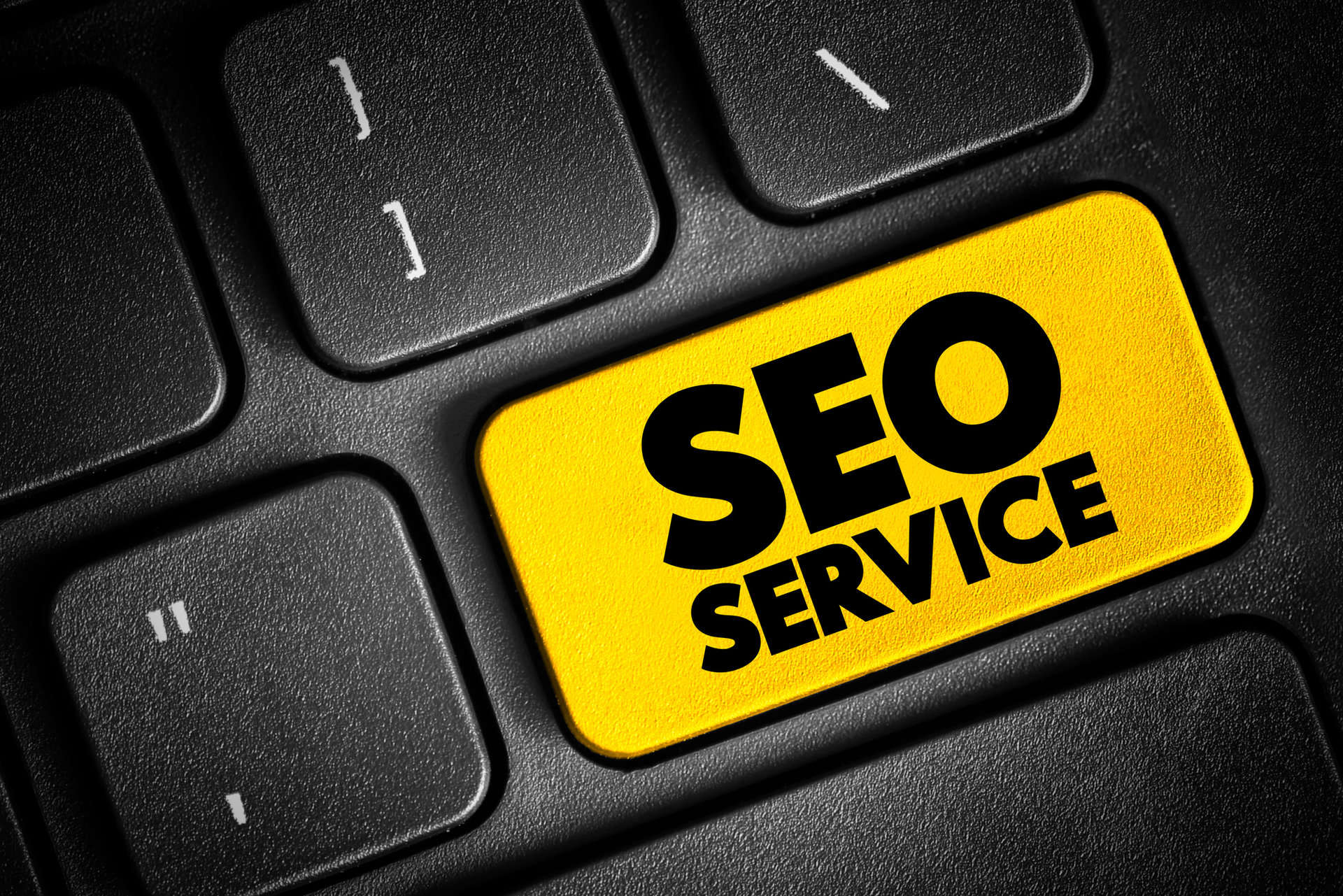Online Lender SoLo Funds Faces CFPB Lawsuit Over Fees – Forbes Advisor – Technologist
Editorial Note: We earn a commission from partner links on Forbes Advisor. Commissions do not affect our editors’ opinions or evaluations.
Federal regulators are suing a fintech platform, accusing it of illegally collecting millions of dollars in fees—in the form of tips and donations—from consumers.
The Consumer Financial Protection Bureau, or CFPB, alleges that Los Angeles–based SoLo Funds misled customers about the overall cost of their loans. The company used “dark patterns” to impose hidden fees, despite advertising a 0% APR, the bureau said in a news release. Its suit, filed in federal court in California, seeks to stop the alleged practice, deliver financial relief for consumers and impose civil penalties.
SoLo says it was “blindsided” by the legal action.
“SoLo has diligently followed the rules, engaging with leading legal counsel and approaching regulators requesting collaboration since its inception,” and has been working with the CFPB on a regulatory framework for the past year and a half, the company said in a statement.
SoLo Funds is a peer-to-peer lending platform that offers short-term loans of sums between $20 and $575. Funds come from individual lenders who pay borrowers through the online platform. As of May 2024, SoLo Funds had brokered more than 1 million loans, according to its website.
SoLo Accused of Using ‘Dark Patterns’ to Mislead Borrowers
According to the CFPB, SoLo Funds received more than $8 million in donations and nearly $13 million in tips between March 2018 and December 2022.
SoLo contends those fees are voluntary. On its website’s help center page, it says that choosing not to donate to the company or leave a tip for the lender “has no impact on a member’s ability to request a loan, nor does the SoLo platform give a member preferential treatment for including a tip or donation.”
But the CFPB claims that when consumers reach the part of the application that asks them for a donation, they see options for what percentage to give—and none of those choices is $0. SoLo borrowers can waive the fee requirement, but they can only do so by navigating to the settings section of the mobile app, the bureau says.
“SoLo also informs prospective lenders of the fee they will receive from a consumer to fund a loan. The result is that consumers who do not pay a fee to lenders are unlikely to get their loans funded,” the CFPB said in a news release.
The platform encouraged borrowers to pay larger tips to get funding, resulting in a total cost of credit that’s equivalent to more than 36% APR for most loans, according to the CFPB.
Other Claims Against SoLo Funds
The CFPB accused SoLo Funds of servicing and collecting on loans that were void and uncollectible because they were made without a valid state license or their costs exceeded state interest rate caps.
The company also threatened adverse credit action against anyone who failed to repay their loan, although it never actually reported any missed payments to the credit bureaus, the legal complaint said.
In May 2023, California and Connecticut resolved separate claims against SoLo Funds that alleged false advertising and lending without a state license. Both states reached settlements that required SoLo to refund all tips, donations and fees.
At about the same time, the District of Columbia announced a settlement with SoLo after accusing the company of facilitating loans with APRs ranging up to 500%—well over the district’s 24% cap.
SoLo Funds admitted no wrongdoing in any of those cases.
How Does Peer-to-peer Lending Work?
Peer-to-peer, or P2P, lending lets you take out a loan from an individual or group instead of a bank or credit union. Most P2P platforms put the loan through the underwriting process, review the level of risk you pose and send your profile to lenders who can decide if they’d like to fund your loan.
P2P personal loans may be a good choice for borrowers who don’t qualify for more traditional forms of financing or for those who need funds quickly. However, they still require a hard credit inquiry, and they do not have as many hardship options as those offered by big financial institutions.
If you decide that a P2P personal loan is a good fit for you, consider these tips before choosing a platform:
- Compare rates and fees. P2P platforms can charge interest rates between 6% and 36%. Fees and administrative costs are standard, so compare multiple options to find the most affordable platform.
- Review repayment terms. Borrowers typically receive repayment terms between one and seven years for P2P loans. When you decide on a platform, review your repayment terms and pick an option you can handle.
- Read reviews. Check out customer reviews to learn more about a platform’s customer service options, application process and other key factors.
Find the Best Personal Loans of 2024


